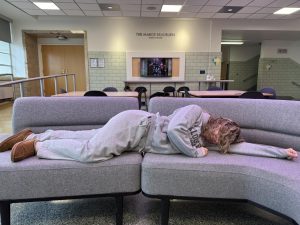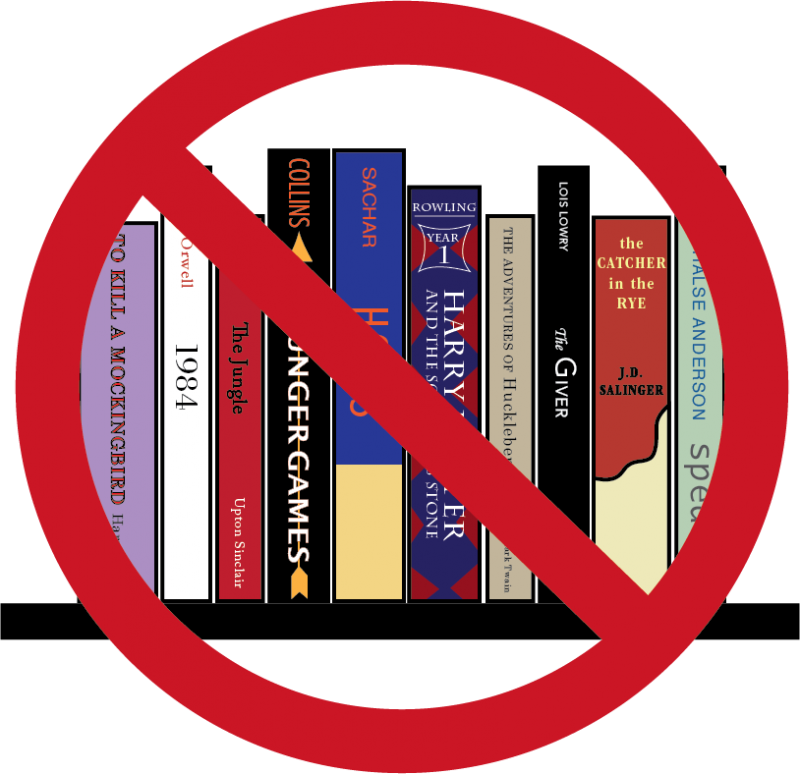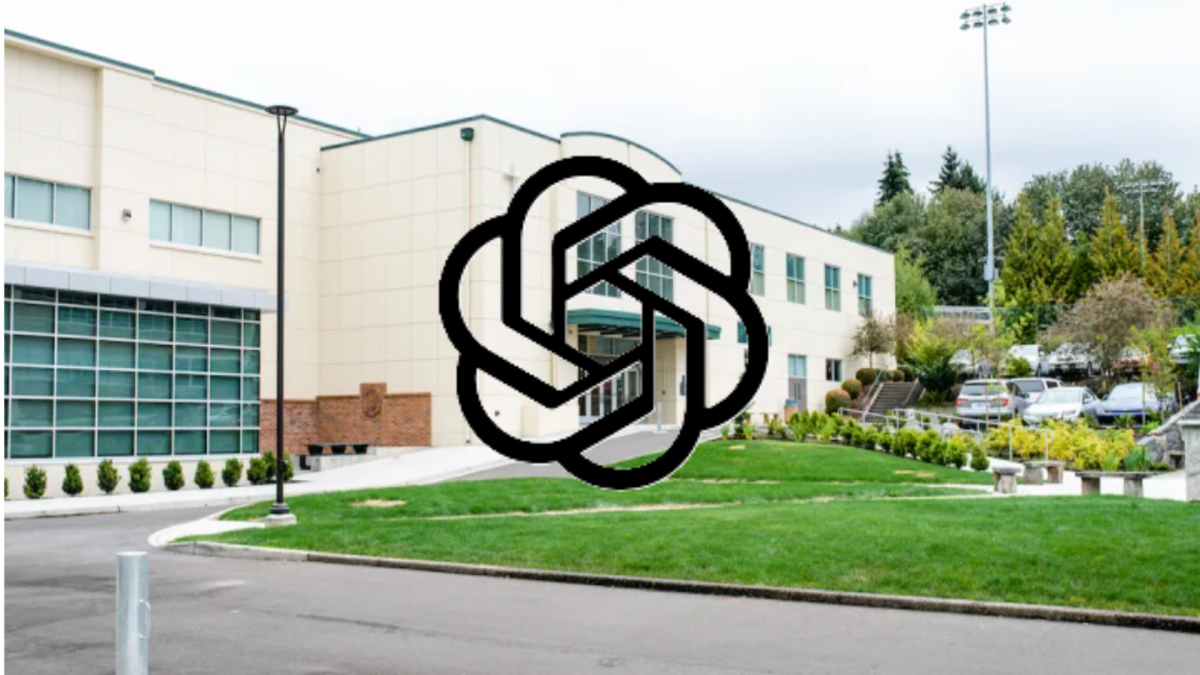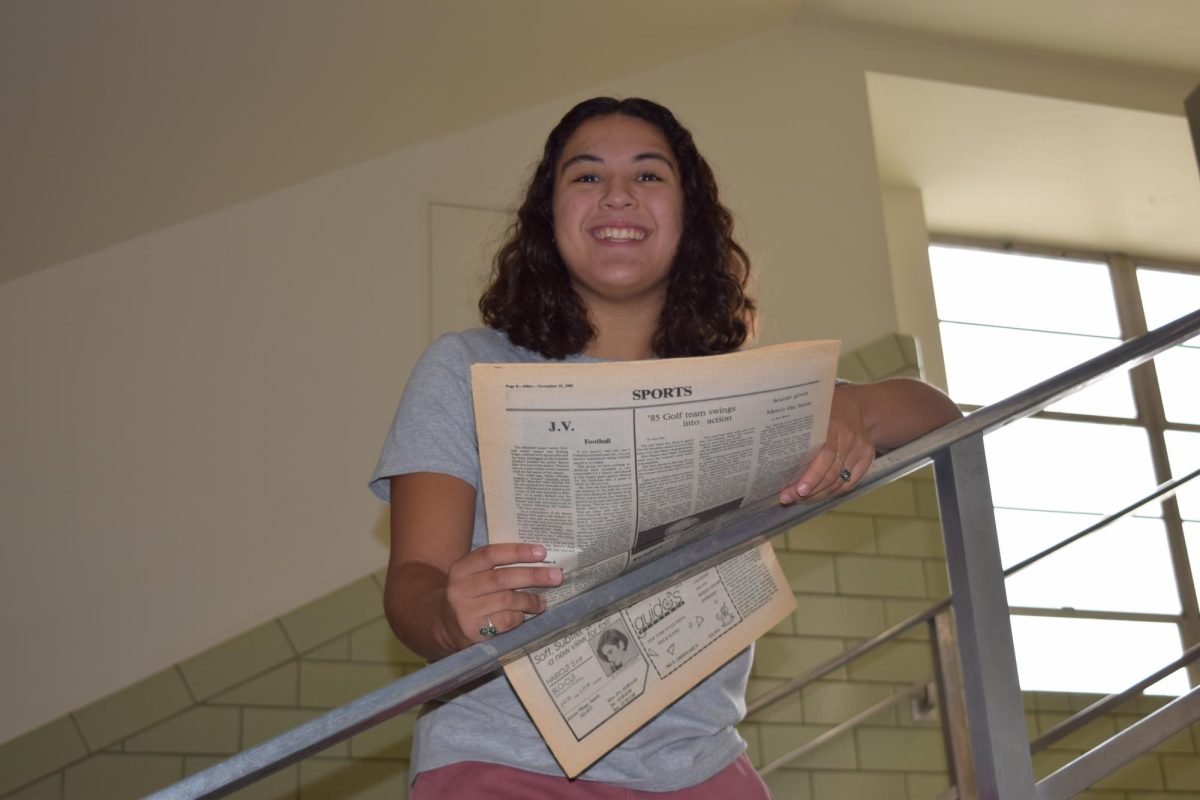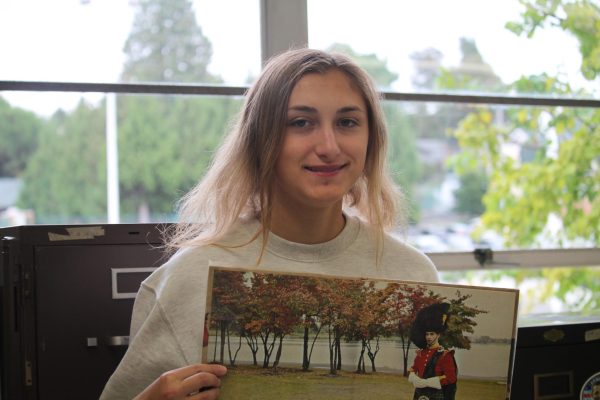Over the last year, Florida school districts have been waging a war on books. Critically acclaimed novels, such as The Hate U Give, A Handmaid’s Tale, The Fault in our Stars, All Boys Aren’t Blue and many more popular reads have been cast out of school libraries . The College Board has also been caught in the crossfire. Both AP African American Studies and AP Psychology have been erased from various Florida schools, course listings.
College Board released a statement on instagram in response to the most recent ban of AP Psychology.It begins, “We are sad to have learned that today the Florida Department of Education has effectively banned AP Psychology in the state by instructing Florida Superintendents that teaching foundational content on sexual orientation and gender identity is illegal under state law.”
The post goes on to clarify that districts are allowed to teach the course as long as they exclude the major topics listed above. This will prevent many students from receiving the college credit in which the class is designed for.
AP U.S history and Psychology teacher Mr. Hecko comments, “I think they are undermining the students and their ability to see things from different perspectives and quite frankly undermining the kids ability to get college credit with some of those AP classes.”
Mr. Hecko isn’t the only teacher concerned, “I think it is very dangerous… It’s still important information to know and its important information to see both sides of and banning it won’t create any progress it will stifle us more than anything.” says Ms. Roe, the junior and senior history teacher, across the hall.
Governor Ron Desantis has been pushing to restrict education on racial inequality and lgbtq+ rights in the state for over a year now and the results are leading Americans across the country to address the controversy. AP Government & Politics teacher, Mr. McGill explains the difficulty of the issue, especially in today’s divided political climate.
“If something is being taught as officially right and some people don’t think it is right, then obviously there’s gonna be conflict.” said McGill.
U.S residents are struggling to decipher between the political and moral versions of what is right and wrong.. Sofia Frost ‘24 recognizes limiting access to historical and societal knowledge will end poorly in the long run.
“As students, beliefs and views of the world are heavily influenced by what is taught to us by adults.” Frost continues, “ If something vital is left out in our education, then it could be harder to function in real life.”
After speaking with a few english teachers it is clear that this viewpoint aligns with response to the book bans as well.
“I think it’s super important to hear from perspectives that aren’t yours to have a better understanding on how varied peoples experiences in this world could be,” AP language & composition instructor Mr. McFeron relays.
It is also apparent that banned books tend to be the most popular.
Freshman honors english teacher Ms. Henling remarks on this irony, “ I think it backfires in most cases because people want to read the book if it’s banned,”
Liana Mueting 24’ can vouch for this curiosity, “ A book becomes 10x more interesting when someone tells you not to read it.”
As we witness this infraction on freedom occurring on the other side of the country, it is important to be aware that the complex education Blanchet offers isn’t guaranteed everywhere else and we must take personal responsibility to stay informed.


